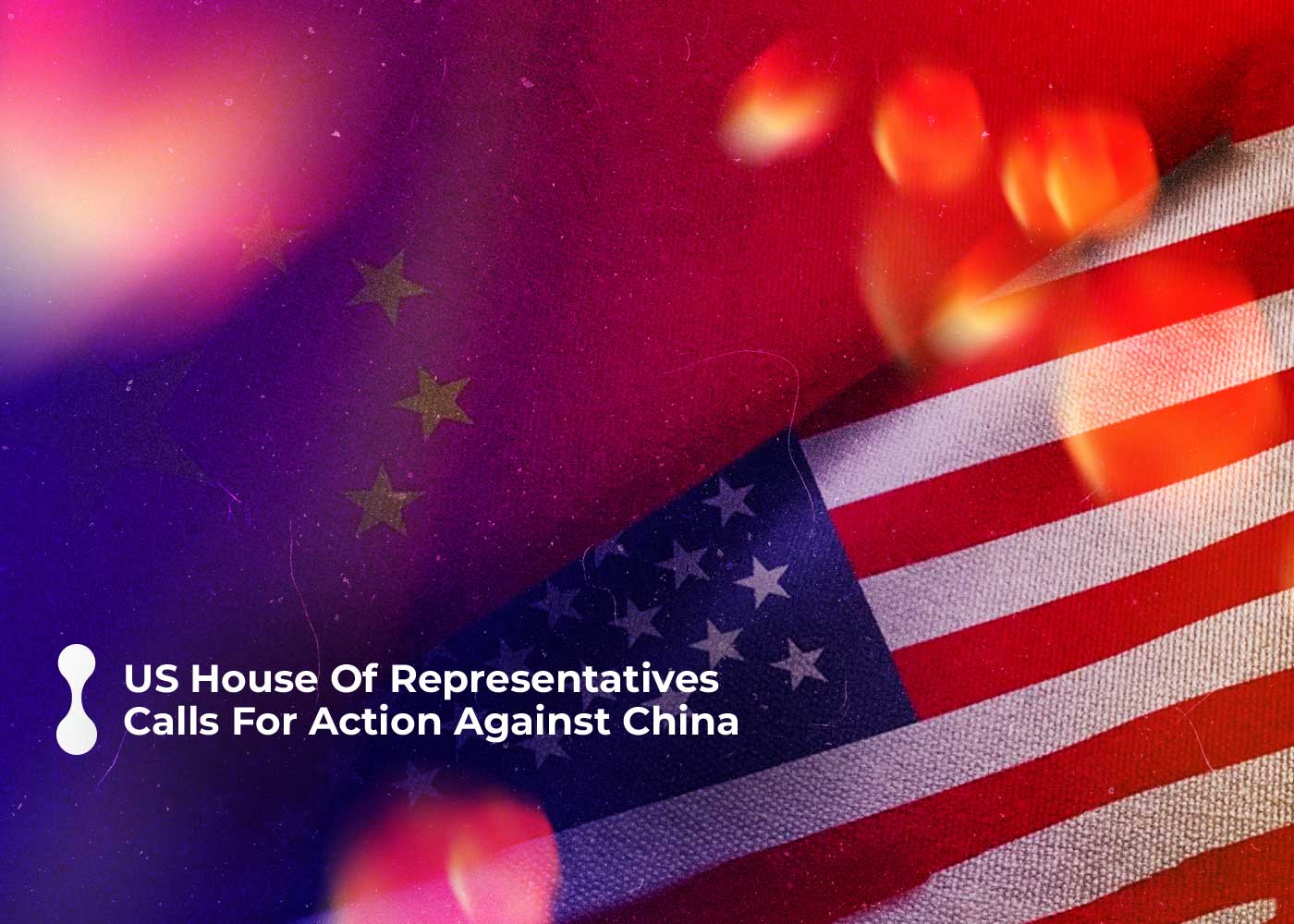The U.S. House of Representatives has convened for a session to discuss the economic, military, digital, and ideological threats posed by China and to call for urgent action against the country’s actions that threaten national security. The session, which lasted nearly 3 hours, was one of the longest in the history of the House of Representatives.
The China Communist Party Is Negotiating On The Issue
The newly established Select Committee on the Chinese Communist Party in the House of Representatives, the lower house of the United States Congress, held its first meeting last night at 7:00 p.m. local time. The session lasted about three hours.
In the session, which was broadcast live by various television networks, members of Congress discussed the “Chinese threat to U.S. national security” and called for immediate action against China’s activities.
Former National Security Advisor to U.S. President Donald Trump, Lieutenant General H.R. McMaster, and Deputy National Security Advisor Matthew Pottinger, as well as Scott Paul, president of the Association for American Manufacturing (AAM), and activist Tong Yi, presented their views to the committee and answered questions from members of Congress.
A Great Need For The Whole World
Committee Chairman Mike Gallagher called the fight against China’s ideological, technological, economic, and military challenges an “existential conflict” for the United States.
Gallagher stressed that Democratic and Republican members of Congress must work together on this issue because the policies to be pursued over the next decade will determine the course of the next century.

Gallagher said he hoped China would implement reforms, particularly through economic engagement, but the country needed to learn from its history.
Democratic Rep. Raja Krishnamoorthi said both Democrats and Republicans have underestimated the Chinese Communist Party over the past three decades, believing that investment in the Indo-Pacific region’s economy would bring democracy when the opposite is true.
Krishnamoorthi said the U.S. should not seek a new cold or hot confrontation with China, but should continue to invest heavily in technology and manufacturing.
Social Media Activities Were Also Discussed At The Meeting
Citing China’s technological ambitions, members of Congress stressed the need to make progress in economic and military competition with China.
Pottinger argued that Chinese social media platform TikTok poses a threat to national security and said that as long as TikTok is allowed in the U.S., the Chinese Communist Party can set the American agenda. The growing influence of the Belt and Road Initiative on China’s position in the global economy was also mentioned.
Scott pointed out that one-third of China’s trade is in technological products and claimed that cheap Chinese imports are hurting American workers.
Republican Rep. Rob Wittman argued that China was trying to build an army that posed a threat not only to the Indo-Pacific region but to the entire world. Wittman stated that the CCP is using social media to “subtly” influence the minds of young Americans.
According to McMaster, China poses a greater threat than the Soviet Union, particularly in terms of its economic ties and espionage activities around the world.
You might check: Canada Initiates Regulations Over Cryptocurrencies Regarding The Dapper Labs Incident
